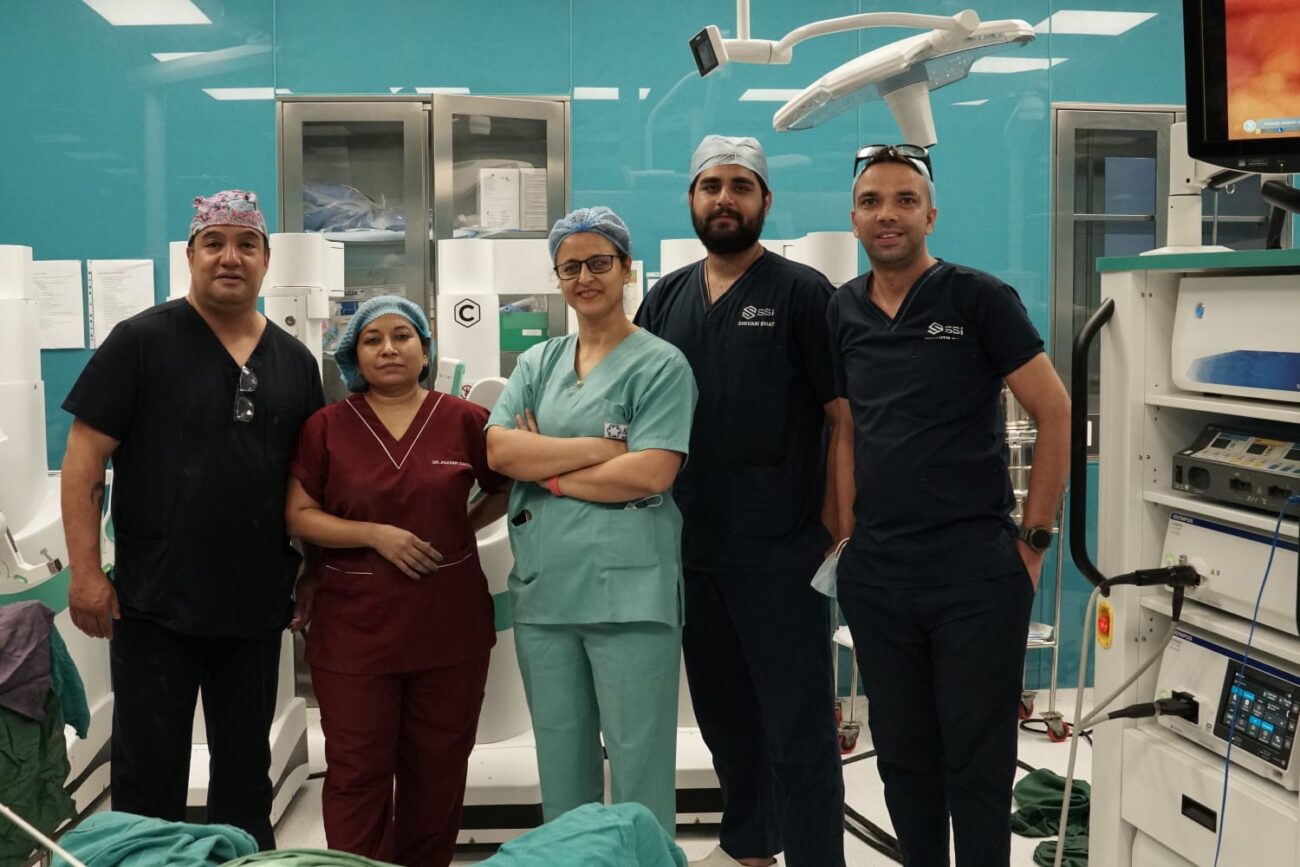India Diabetes Care Index: HbA1c level decreased in Delhi during October-December 2019
The average HbA1c level decreased to 8.47 from 8.76 as compared to the preceding quarter in Delhi The average age of patients covered was 54 years, out of which 54% were male and 46% were female The
- The average HbA1c level decreased to 8.47 from 8.76 as compared to the preceding quarter in Delhi
- The average age of patients covered was 54 years, out of which 54% were male and 46% were female
- The overall HbA1c level decreased to 8.37 from 8.52 as compared to the preceding quarter in the country
- The average ‘post-meal’ glucose level is alarmingly high at 246.69 mg/dL in the city, making patients living with diabetes more vulnerable to cardiovascular diseases
- Meal pattern of two-three large meals per day rich in carbohydrates is known to keep the blood glucose level consistently high
 The latest findings of India Diabetes Care Index unveiled that the average HbA1c level decreased to 8.47 from 8.76 during October to December 2019 as compared to the preceding quarter in Delhi. The overall HbA1c level decreased to 8.37 from 8.52 as compared to the preceding quarter in the country. The average postprandial glucose level, i.e. the average ‘post-meal’ glucose level was recorded at an alarmingly high 246.69 mg/dL. Uncontrolled diabetes is known to increase the risk of cardiovascular diseases (CVD) by 2 to 4 times. The India Diabetes Care Index, a part of the ‘Impact India: 1000-Day Challenge’ programme by Novo Nordisk Education Foundation studies the blood glucose levels across cities through various parameters.
The latest findings of India Diabetes Care Index unveiled that the average HbA1c level decreased to 8.47 from 8.76 during October to December 2019 as compared to the preceding quarter in Delhi. The overall HbA1c level decreased to 8.37 from 8.52 as compared to the preceding quarter in the country. The average postprandial glucose level, i.e. the average ‘post-meal’ glucose level was recorded at an alarmingly high 246.69 mg/dL. Uncontrolled diabetes is known to increase the risk of cardiovascular diseases (CVD) by 2 to 4 times. The India Diabetes Care Index, a part of the ‘Impact India: 1000-Day Challenge’ programme by Novo Nordisk Education Foundation studies the blood glucose levels across cities through various parameters.
Speaking about the status of diabetes control in Delhi, Dr Ambrish Mithal, Chairman and Head of Endocrinology and Diabetes at Max Healthcare Hospitals, Delhi said, “We are happy that there is a marginal dip in the Hb1Ac level as compared to the last quarter. However, this marginal reduction in HbA1c can be further improved if we avoid the intake of high refined carbohydrate. This high carbohydrate content leads to high post meal sugar values. Post-meal spikes are known to increase the chances of cardiovascular diseases. We need to concentrate on addressing both fasting and post-meal glucose levels across all HbA1c levels. For this, people with diabetes should follow the right diet, (for example vegetables with high fiber content,) exercise, regular consultation with their doctors and appropriate medications.”
India has more than 77 million people living with diabetes which leads to nearly 7.09 million cases of diabetes related heart disease. The HbA1c test indicates the average blood glucose level over a period of 3 months and is considered as one of the best recommended indicators of long-term blood glucose control. More than 4550 people with an average age of 54 years were part of the assessment in Delhi, out of which 54% were male and 46% were female. These patients are at a higher risk of developing complications involving heart, kidney, eyes besides many others if their diabetes is not managed well. It should be noted that 1% reduction in HbA1c can reduce the risk of heart failure by 16% and the risk of heart attack by 14%.
Talking about programme, Dr. Anil Shinde, Trustee, Novo Nordisk Education Foundation said, “Monitoring the glucose level is an important pillar in diabetes management. The India Diabetes Care index studies the status of diabetes through multiple parameters in various cities which eventually helps to understand the requirements in specific regions while enabling doctors as well as patients to take appropriate steps. Overall, we aim to raise greater awareness around diabetes care in the society through this programme.”
The ‘Impact India: 1000-Day Challenge’ programme was launched in 2018 to address the issue of suboptimally controlled diabetes in India. The ambition of the programme is to reduce the national average of HbA1c by 1%, which can help reduce the risk of diabetes-related complications significantly in India. iDCI® (Indian Diabetes Care Index) was introduced in 2018 as a part of the programme to improve diabetes care in the country. Based on big data analytics, iDCI® has been providing a real-time view of the average HbA1c in India across select cities. Under the Impact India programme, digital platforms are being leveraged to partner with healthcare practitioners (doctors and paramedics) to evolve and implement an approach to diabetes care appropriate for India. iDCI® is a dynamic tool that not only tracks the status of diabetes care but also helps to increase awareness, motivate and sensitise the healthcare professionals (HCPs) and society.
The IMPACT India programme will continue its three-pronged approach over the next two years through interactions with healthcare practitioners (HCPs), societal/patient engagement and monitoring.




